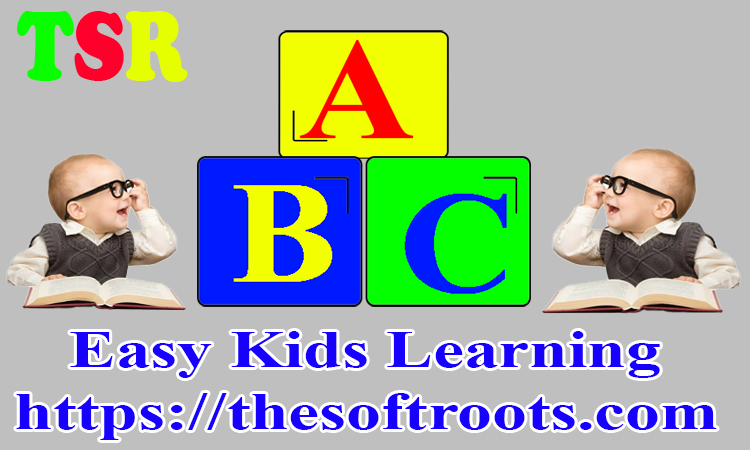Early childhood education (ECE) refers to the period of learning that occurs from birth to around eight years old, a critical time in a child’s development. Research has shown that this stage is the most formative in a child’s life, laying the foundation for future learning, social skills, and emotional well-being. It encompasses a range of educational programs, from informal learning at home to structured school environments, aimed at promoting cognitive, social, and emotional development.
Why Early Childhood Education Matters
- Brain Development: During the first few years of life, a child’s brain undergoes rapid development. Approximately 85% of brain growth occurs before the age of three, making early experiences particularly impactful. Quality ECE programs stimulate the brain with age-appropriate activities that promote language, motor skills, problem-solving, and social interaction. These experiences help build neural connections that are vital for learning later in life.
- Social and Emotional Growth: Early childhood education helps children develop key social skills, including empathy, cooperation, and self-regulation. It provides opportunities for young children to interact with peers, practice turn-taking, and express their feelings in a structured environment. These early social interactions are essential for emotional intelligence and the ability to manage relationships in adulthood.
- School Readiness: Children who participate in early childhood education programs are often better prepared for school, as they acquire foundational skills like literacy, numeracy, and critical thinking. Early learners tend to have stronger communication skills, more confidence, and the ability to adapt to structured environments, making the transition to formal education smoother.
- Long-Term Academic and Social Benefits: Studies have shown that children who attend quality early childhood education programs tend to perform better in school and have higher graduation rates. They are also less likely to engage in risky behaviors and more likely to have successful careers. This is because the skills learned during early childhood education continue to impact academic performance and social relationships throughout life.
The Role of Teachers and Caregivers in Early Childhood Education
Teachers and caregivers play a pivotal role in early childhood education. They provide a nurturing and stimulating environment where children can explore, create, and learn. Early childhood educators are trained to recognize developmental milestones and tailor their teaching to meet the unique needs of each child. They employ hands-on, play-based learning strategies that engage children in meaningful ways, helping them develop not only intellectually but also physically, socially, and emotionally.
In addition to educators, parents and caregivers are equally important in fostering early childhood learning. Research indicates that when families are involved in their children’s education, the child’s academic achievement, emotional well-being, and behavior improve. Encouraging learning at home—whether through reading together, engaging in conversation, or providing enriching activities—supports and complements the formal education children receive outside the home.
The Ultimate Guide to Situs Slots Gacor, Slots Online, Slots Demonstrasi, Situs Toto, and Toto 4D
Access and Equity in Early Childhood Education
Access to quality early childhood education is crucial for ensuring that all children, regardless of their socio-economic background, can reach their full potential. However, disparities exist in access to high-quality programs. Children from low-income families, rural areas, and marginalized communities often face barriers to attending early education programs due to cost, availability, or lack of transportation.
Investing in early childhood education for all children is an investment in the future. Programs that are universally accessible and affordable have been shown to reduce inequality, improve educational outcomes, and contribute to a more equitable society. Governments, communities, and organizations worldwide are increasingly recognizing the importance of providing high-quality early childhood education, and many have implemented policies aimed at expanding access.
The Future of Early Childhood Education
As the importance of early childhood education becomes more widely recognized, there is a growing focus on improving the quality and accessibility of programs. Research continues to shed light on best practices for early education, including integrating technology in the classroom, the importance of play-based learning, and the value of diverse, inclusive curricula.
Additionally, ongoing advocacy for increased funding and resources for ECE programs is crucial to ensure that children from all backgrounds receive the early learning experiences they need to thrive. Governments, educators, and families must work together to create a system that prioritizes early childhood education and ensures that every child has the opportunity to succeed.
Conclusion
Early childhood education is not just about preparing children for school—it is about shaping their future. By fostering cognitive, social, and emotional development at a young age, we help children build the skills they need to succeed in school, in relationships, and in life. Quality ECE programs offer a crucial opportunity to lay a strong foundation for lifelong learning and well-being. As we advocate for greater investment and access to these programs, we move closer to a future where every child, regardless of their background, has the tools to realize their full potential.
Also Read Ander son tomorrow









